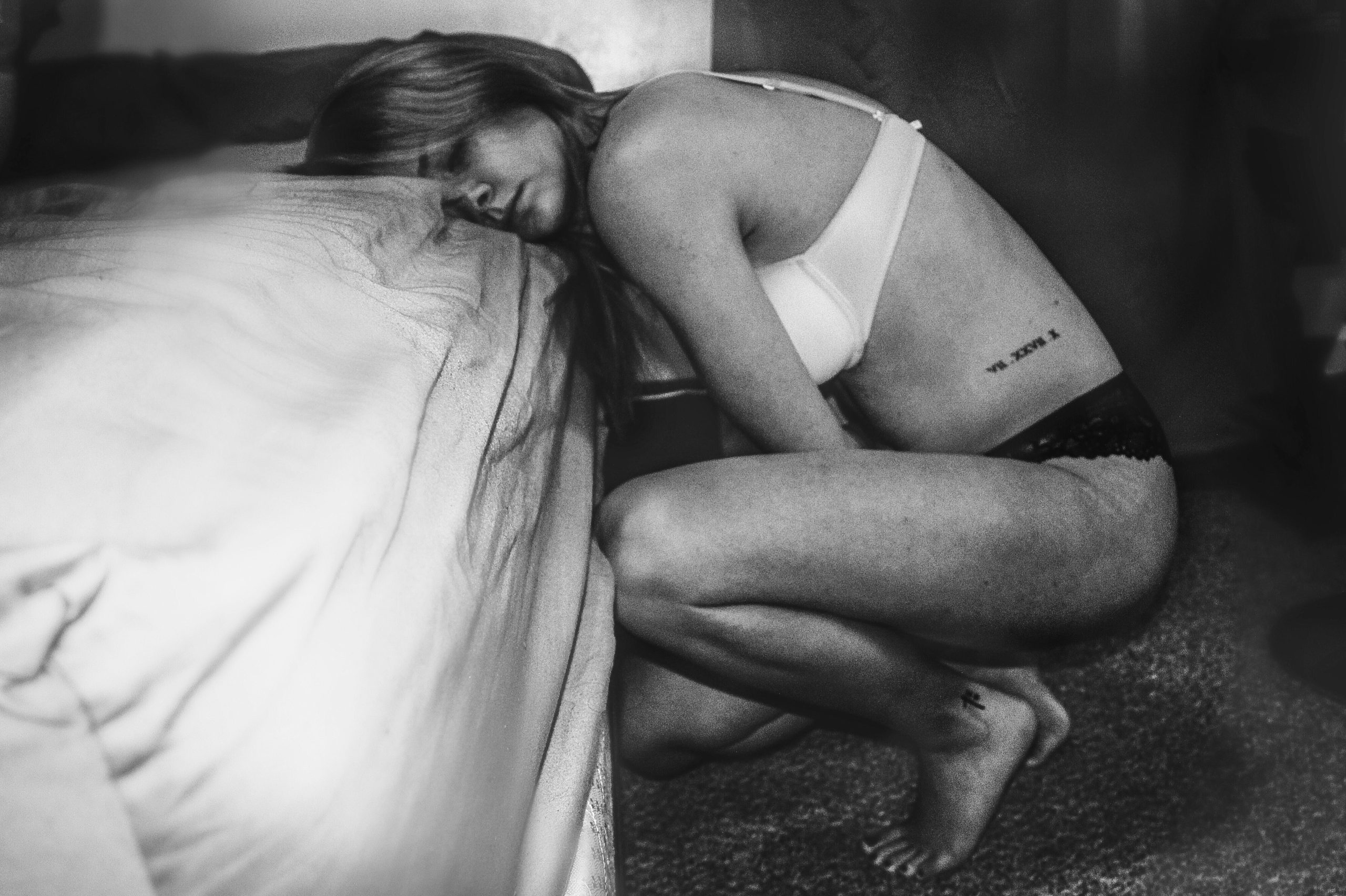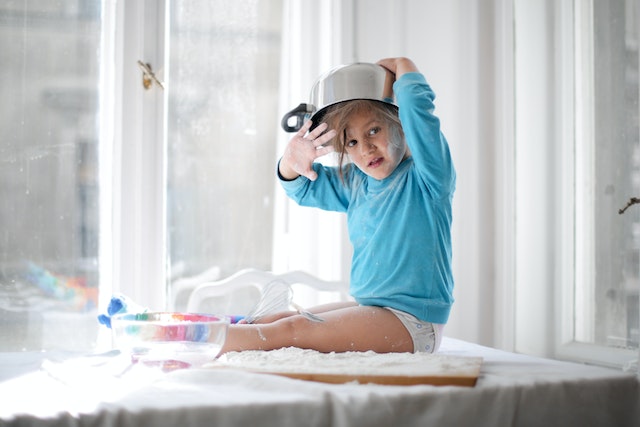Do you find yourself tossing and turning at night, unable to quiet your racing thoughts? You’re not alone. Nighttime anxiety affects millions of people worldwide and can be triggered by a variety of factors. In this post, we’ll explore some of the most common triggers of nighttime anxiety and offer tips on how to manage them so you can finally get the restful sleep you deserve. So grab a cup of tea, sit back, and let’s dive in!
Nighttime anxiety is an all-too-common problem
Nighttime anxiety is an all-too-common problem. In fact, one in five people experience some form of anxiety during the night, according to the Anxiety and Depression Association of America. And while there’s no one cause for nighttime anxiety, a variety of factors can contribute.
Common triggers of nighttime anxiety include: racing thoughts, trouble falling asleep, feeling restless and anxious, and memories or fears from the day. If you’re struggling with nighttime anxiety, here are some tips to help you manage it:
1. Reduce stress levels before bedtime. Try to relax before bed by taking a hot bath or reading a book. Exercise regularly during the day if possible to reduce stress levels overall, but be mindful not to overdo it close to bedtime.
2. Practice self-care habits at night. Get enough sleep and relaxation; these will help you feel refreshed and less anxious during the daytime. Make sure your bedroom is dark and quiet so you can relax and wind down for bed. Avoid watching TV or working on electronics in bed; these activities can stimulate your mind instead of winding down for sleep.
The different types of night time anxiety
There can be many different reasons why someone experiences night time anxiety. Here are some of the most common triggers: racing thoughts, difficulty falling asleep, restless nights, and fear of the dark.
1. Racing Thoughts: Many people experience a racing mind at night. They may worry about everything from work to the future. This type of anxiety is often uncontrollable and can make it difficult to fall asleep.
2. Difficulty Falling Asleep: It’s not just worrying that can keep you up at night; it can also be difficulty focusing on sleep. Even if you’re exhausted, your brain may keep churning through all of the things you have to do in the morning. If this is a problem for you, try some relaxing bedtime rituals like reading or listening to music before bed.
3. Restless Nights: If you’ve ever had trouble falling asleep no matter what you did, you know how restless nights can be. Your mind will race and won’t let you relax even for a second. To get relief from restless nights, try winding down before bed by doing something calming like reading or taking a hot bath.
4. Fear of The Dark: The dark may seem like an innocuous trigger for night time anxiety, but for some people it can actually be the source of their anxiety problems.. Many people feel anxious in the dark because they’re afraid they’ll have accidents or sleep with monsters under the bedsheets (a phenomenon known as “night terrors
The triggers that cause night time anxiety
There are many different things that can trigger nighttime anxiety. Some of the common triggers include racing thoughts, stress from work or school, loneliness, and bedtime rituals that aren’t working for you.
To reduce your anxiety in the evenings, start by identifying the triggers that cause it. Once you know what’s causing your anxiety to spike, try to find ways to avoid those situations or deal with them differently. For example, if you’re prone to racing thoughts at night, try Meditation or deep breathing exercises to calm yourself down. If stress is one of your main triggers, make sure to schedule regular check-ins with your therapist or other support system to keep things manageable. And finally, if bedtime isn’t working for you and insomnia is a problem, talk to your doctor about possible solutions like sleep medication or sleep therapy.
Tips to overcome nighttime anxiety
There are many things that can trigger nighttime anxiety. Here are a few tips to help overcome it:
1. Make a list of the things that make you anxious at night. This will help you identify the specific triggers that cause your anxiety.
2. Try to avoid situations or activities that make you anxious. This means avoiding anything that makes you feel restless, scared, or panicky.
3. Take some time to relax before bedtime. This can be done by meditating or engaging in calming activities such as yoga or reading.
4. Talk about your anxiety with someone who will understand and support you. Talking about your feelings can help reduce anxiety symptoms overall.
Conclusion
No matter how much we try to control our racing thoughts, they will inevitably find their way into our minds at some point. In fact, many people experience racing thoughts almost constantly—even during the daytime! If you’re like most people and your nighttime anxiety is causing problems in your life, here are six common triggers that can set off a bout of anxiety: caffeine, sugar, alcohol, certain foods, sexual activity, and stress. By understanding which situations trigger your anxiety and taking steps to avoid them when possible, you can start to feel more relaxed and in control at night.










